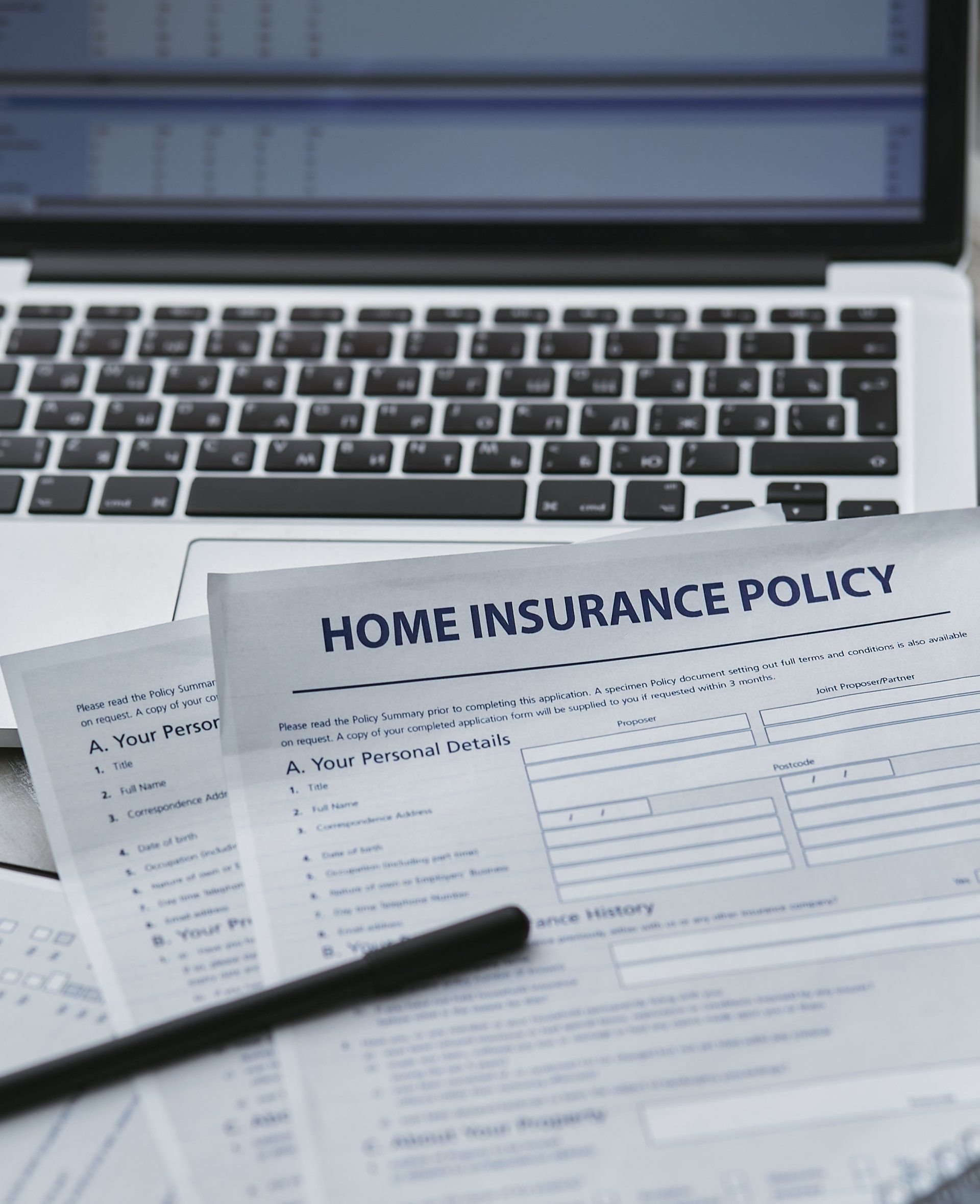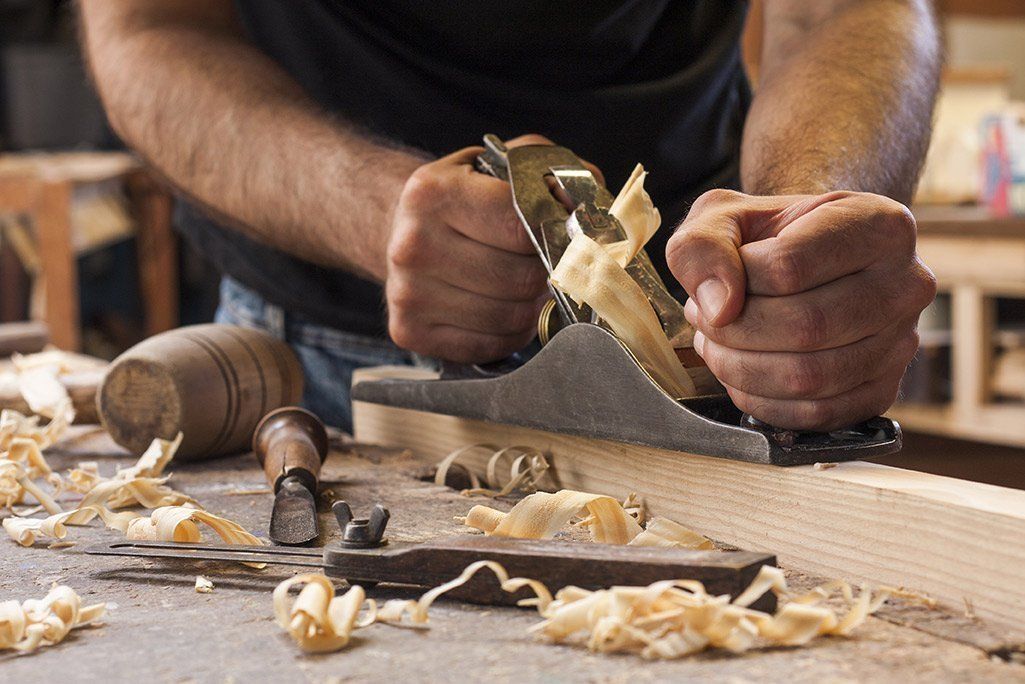10 Mistakes New Investors Make When Using a Home Inspector
10 Mistakes New Investors Make When Using a Home Inspector

Buying a home or investment property is one of the most significant investments you'll make in your lifetime. A crucial step in this process is the home inspection. It provides an in-depth look at the property's condition and can reveal potential issues that might affect your buying decision. However, many home buyers make mistakes during this phase, leading to costly surprises down the road. Here are ten common mistakes and tips on how to avoid them.
1. Choosing an Inexperienced Inspector
One of the most critical decisions you'll make is selecting the right home inspector. It's tempting to go with the cheapest option, but this can be a costly mistake. Ensure your home inspector is licensed and has several years of experience. An inexperienced inspector might miss critical issues that could end up costing you thousands of dollars in repairs.
**Tip:** Verify the inspector’s credentials and look for certifications from reputable organizations such as the American Society of Home Inspectors (ASHI) or the International Association of Certified Home Inspectors (InterNACHI).
2. Not Researching the Inspector
Just because an inspector is recommended doesn't mean they're the right fit for you. Research your inspector's background and reviews. Look for someone with a solid reputation and positive feedback from previous clients.
**Tip:** Ask for references and check online reviews. Don’t be afraid to interview potential inspectors to gauge their knowledge and communication style.
3. Skipping the Inspection
Attending the home inspection is crucial. It’s an opportunity to see the property through the eyes of a professional and to ask questions in real-time.
**Tip:** Make time to be present during the inspection. This hands-on experience can provide valuable insights into the home’s condition and help you understand the inspector’s findings better.
4. Not Asking Questions
Many buyers hesitate to ask questions during the inspection, fearing they might come off as uninformed. However, this is your chance to learn about the home’s systems and any potential issues.
**Tip:** Prepare a list of questions beforehand and don’t hesitate to ask for clarifications. A good inspector will be happy to explain their findings and offer maintenance tips.
5. Failing to Read the Report Thoroughly
After the inspection, you'll receive a detailed report outlining the inspector’s findings. Skimming through this document can lead to overlooked issues.
**Tip:** Take the time to read the report thoroughly. Pay attention to major issues, recommendations, and areas needing immediate attention. If anything is unclear, follow up with the inspector for clarification.
6. Ignoring Minor Issues
It’s easy to focus on significant problems and dismiss minor issues. However, small problems can become significant over time if left unaddressed.
**Tip:** Consider all issues noted in the report, regardless of their size. Understand the potential costs and implications of each problem, and plan accordingly for repairs or maintenance.
7. Not Getting a Specialized Inspection
General home inspectors are great for overall assessments, but some issues require specialized knowledge. For older homes or specific concerns (e.g., mold, radon, pests), a general inspection might not be enough.
**Tip:** If the home has specific issues or if it’s an older property, invest in specialized inspections. These experts can provide a more detailed analysis and identify problems a general inspector might miss.
8. Focusing Only on Cosmetic Issues
A fresh coat of paint or new flooring can make a home look appealing, but these cosmetic improvements can hide underlying problems.
**Tip:** Look beyond the surface. Focus on the structural and mechanical systems of the home, such as the foundation, roof, plumbing, and electrical systems. These are the areas that can lead to significant expenses if they fail.
9. Underestimating Repair Costs
Even if you identify issues during the inspection, underestimating the cost of repairs can lead to financial strain.
**Tip:** Before closing, get estimates for any necessary repairs or maintenance. This will give you a clear picture of the additional costs you might incur and help you negotiate with the seller if needed.
10. Not Following Up on Recommendations
If the inspector recommends further evaluation by a specialist, take it seriously. Ignoring this advice can result in missed problems that could affect your home’s safety and value.
**Tip:** Follow up with additional inspections as recommended. It’s better to spend a little more upfront to ensure there are no hidden surprises down the road.
By avoiding these common mistakes, you can make a more informed decision and ensure your investment is sound. Remember, a thorough home inspection is an essential part of the home-buying process. It provides peace of mind and helps protect your financial future.














